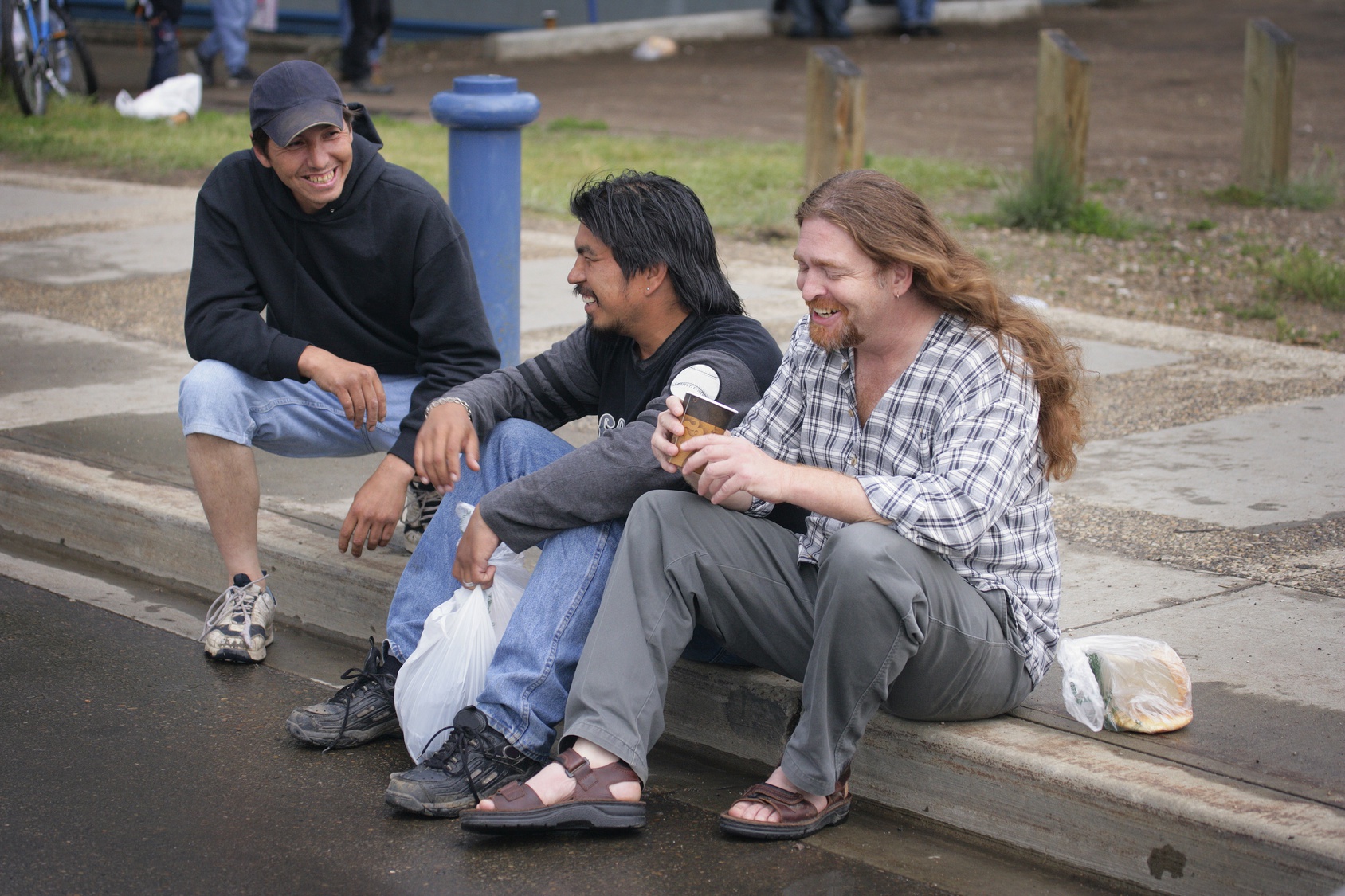The journey from addiction to sobriety is often a long one, especially for individuals with long histories of addiction and/or battling dependence on highly addictive substances, like opioids. But every journey begins the same way—with the glimmer of awareness of a problem and the curiosity about what else is possible. And every journey progresses through similar stages. Duke City Recovery Toolbox offers whole-person support throughout the entire process of addiction recovery.
Overview of the Addiction Recovery Process
Addiction recovery does not happen all at once. It is a process through which each individual moves at his or her own pace, a pace determined by a number of factors, like:
- Length of addiction
- Substance abused
- Age and overall health
- Family/social support
Nevertheless, every person dedicated to living a life of sobriety will go through stages of recovery:
Awareness and acknowledgement
The recovery journey cannot start until a person recognizes that he or she has a substance abuse/addiction problem. However, recognition alone does not put one on the path to recovery. In addition to acknowledging there is a problem, the individual has to be willing to entertain the possibility of making lifestyle changes that recovery requires. In other words, the thought, “Maybe I do have a problem. So what?” doesn’t get anyone closer to sobriety. But, thoughts like, “I have a problem. Is this really who I want to be?” can.
Consideration or contemplation
Right on the heels of awareness and acknowledgement comes consideration—the stage where a person is willing to see how their addiction has affected other people. When an individual with a substance abuse problem sees that their pattern of behavior has (always) affected others, they often experience an openness to the idea of recovery.
Preparation
The idea of living drug-free can be daunting for someone who has relied on substances to get through difficult circumstances and emotions. So before committing to recovery, individuals will start to research recovery—what it means, what’s involved and where they can get the help they need. During preparation, individuals with substance abuse problems may seek out others they know who have been down the same road. Close friends and family may notice them asking more questions about their addictions and what might happen “if”.
Early recovery
Early recovery is the stage where an individual makes a commitment to breaking free of addiction. For some people, this stage may require detoxification—a biophysical process by which a person gets all addictive/abused substances out of their body. For some people, detox should be medically monitored to avoid painful and/or dangerous withdrawal symptoms. Opioid users, in particular, may be encouraged to try medication-assisted treatment.
Active recovery
In active recovery, an individual gets the treatment(s) they need to live life free of substance abuse. Medication-assisted treatment may continue in and beyond active recovery. Individuals should also be getting the training and skills they need to cope with life’s challenges, which will likely include:
- Individual counseling
- Behavioral therapy
- Family counseling
During active recovery, an individual does the work required to end relationships that do not support recovery and repair relationships damaged by addiction. For some people, active recovery may also entail education and/or job training to provide them with the skills they need to financially support a new lifestyle.
Maintenance
The work of active recovery is never really done. However, individuals will reach a point where they are no longer making big changes but simply doing the work to keep their new lifestyle and healthier behavioral and thought patterns in place. Some people may be able to maintain sobriety without a lot of support. Others find maintenance easier with the help of support groups like AA and NA.
At any stage from early recovery to active recovery, relapse may be expected. The further along the recovery process one is, the more likely they may be able to resume their recovery efforts.
How DCRT Can Help
Duke City Recovery Toolbox is a unique addiction recovery facility because we offer support for every stage of the recovery process without requiring residential (in-patient) treatment.
DCRT’s clinical team provides a wide range of counseling services, including family counseling that can prepare friends and family for an intervention. Of course, we also offer therapies to help individuals understand addiction, address unhealthy thought patterns that fuel addiction and build healthy coping skills. All the while, our medical team can oversee medication-assisted treatment programs as well as provide basic healthcare for our participants.
The only requirement to get DCRT’s help is that individuals voluntarily seek our services. And you can do that by coming in for an intake appointment. We are ready to help you start and see you through your recovery process. Contact us today.





